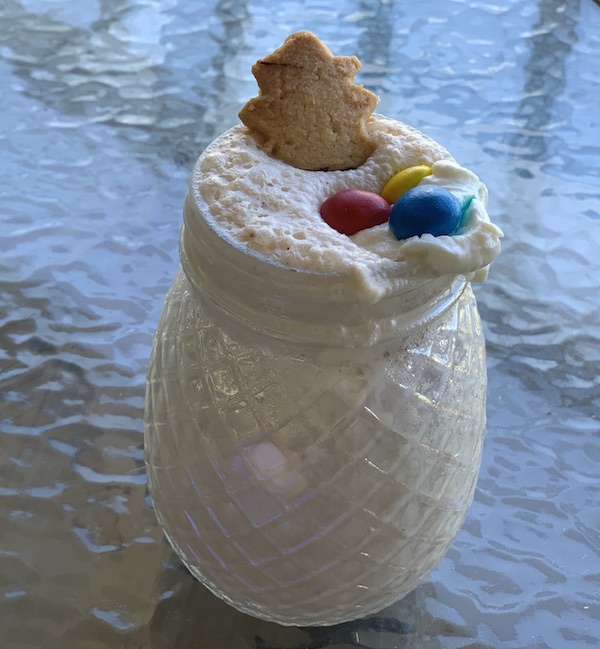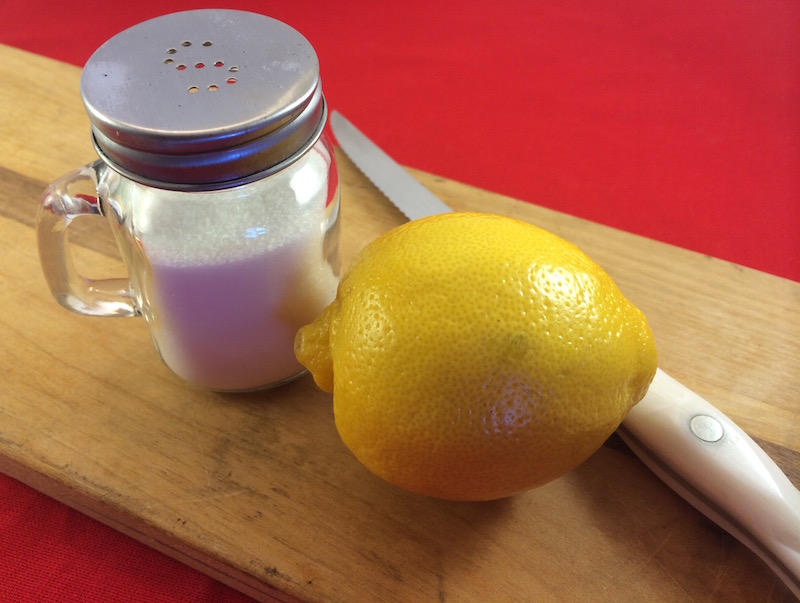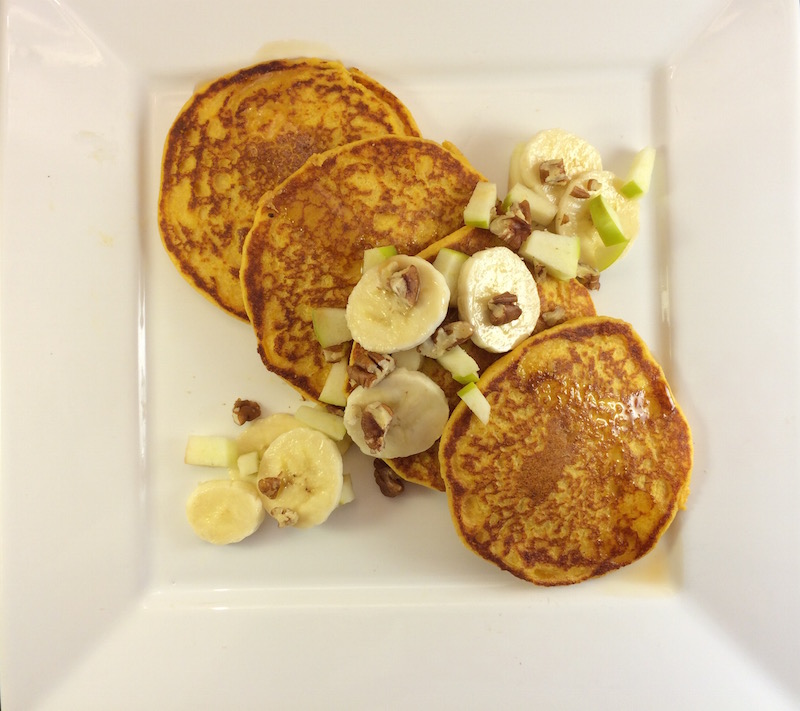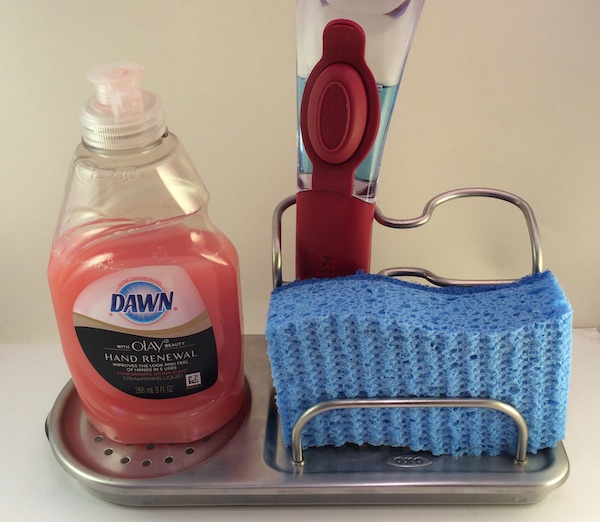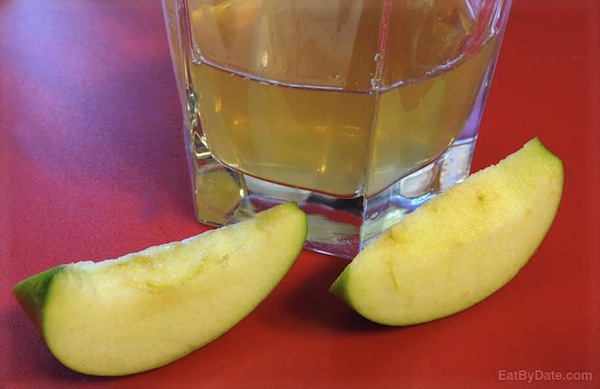How Long Does Soft Cheese Last?
How long does soft or semi-soft cheese last? Soft cheeses will last about 1-2 weeks beyond their printed dates, specific cheeses are outlined in the following table. Cheese consists of the proteins and fat from milk and is produced throughout the world in hundreds of flavors, textures, and forms. Some common soft cheeses include Mozzarella, Havarti and Monterey jack and semi-soft cheeses include Brie cheese, Feta cheese, Ricotta cheese and Cream cheese. In addition to its great taste and creamy texture, soft cheese is valued for its high content of protein and calcium.
However, it is important to note that soft cheese does not last as long as hard cheese. The shelf life of soft cheese is influenced by a variety of factors such as the type of cheese, the processing method, the packaging date, its exposure to heat, and how the cheese is stored.
So, how long does soft cheese last? When properly stored at or below 40°F, the shelf life of soft or semi-soft cheese after its printed date is approximately...
Our Favorite Food Storage Set!
With oven-safe glass and water-tight lids, these food storage containers are ready for action! Not a Prime Member? Try a 30-day free trial today!
Soft Cheese Expiration Date
| (Unopened) | Refrigerator | Freezer |
|---|---|---|
| Past Printed Date | Past Printed Date | |
| Brie Cheese lasts for | 1 Week | -- |
| Mozzarella Cheese lasts for | 1-2 Weeks | 6 Months |
| Feta Cheese lasts for | 1 Week | -- |
| Monterey Jack Cheese lasts for | 1-2 Weeks | 6 Months |
| Muenster Cheese lasts for | 1-2 Weeks | -- |
| Havarti Cheese lasts for | 1-2 Weeks | 6 Months |
| Gorgonzola Cheese lasts for | 1-2 Weeks | -- |
In general, the harder the cheese the longer it keeps. Of course, cheese lasts for a shorter period of time if it is not stored properly. But remember, soft cheese, like a lot of other dairy products, usually has a sell by date or use by date which is simply the last date by which a manufacturer will vouch for a product's quality, not its safety. Because of this distinction, you may safely use soft cheese to compliment your favorite meals even after its best by date has lapsed.
How to tell if Soft Cheese is bad, rotten or spoiled?
Practicing proper hygiene and food safety techniques will help prevent foodborne illness.
Although not a perfect test, your senses are usually the most reliable instruments to tell if your soft cheese has gone bad.
The most common trait of bad soft cheese is the growth of blue or green mold. Once mold is visible on a soft cheese, you should throw away the entire cheese product (you can cut out mold on hard cheese). Although some molds on cheese are harmless (blue cheese for instance), many can produce dangerous toxins. In addition to mold, some semi-soft cheeses such as mozzarella will darken or harden around their edges. If your favorite cheese has gone bad and you need a quick substitute then check our cheese substitute page.
There are, of course, certain health risks associated with spoiled foods so always remember to practice food safety and enjoy your foods before their shelf life has expired!
How to store Soft Cheese to extend its shelf life?
Proper food storage is very important to extending the shelf life of soft cheeses such as brie cheese, feta cheese, ricotta cheese, cottage cheese, or mozzarella cheese. You can help these types of cheeses keep fresh longer by storing them in your refrigerator at 40°F or lower immediately after each use. They should also be stored in a tightly closed container or in plastic wrap to keep out moisture and other contaminants. Because bacteria grows more rapidly in moist environments, soft cheese does not keep as long as hard cheese. Soft cheeses should not be kept out at room temperature for extended periods of time as the cheese will quickly degrade as its temperature increases.
For a long-term option, you can freeze your soft cheeses for up to six months if you use a freezer safe container BUT it is NOT recommended. The texture and consistency of soft cheeses will change if frozen, see our post called can you freeze cheese? for details.
Some benefits of proper food storage include eating healthier, cutting food costs and helping the environment by avoiding waste.
Interesting facts about Soft Cheese:
How long is Soft Cheese good for when prepared in a dish?
How long does cheese last? That depends. How long does bread last? In general, soft cheese like brie lasts only as long as the quickest expiring ingredient it is mixed with.
What are our shelf life resources?
In determining how long Soft Cheese lasts, our content incorporates research from multiple resources, including the United States Department of Agriculture and the United States Food & Drug Administration. In addition, we scoured the web for informative articles and reports related to food safety, food storage and the shelf life of Soft Cheese.
*An important note about expiration dates...
Although the Soft Cheese shelf life information on Eat By Date is generally reliable, please remember that individual cases will vary and that our advice should only be taken as an opinion and not a replacement for your health care professional. Please eat responsibly!

